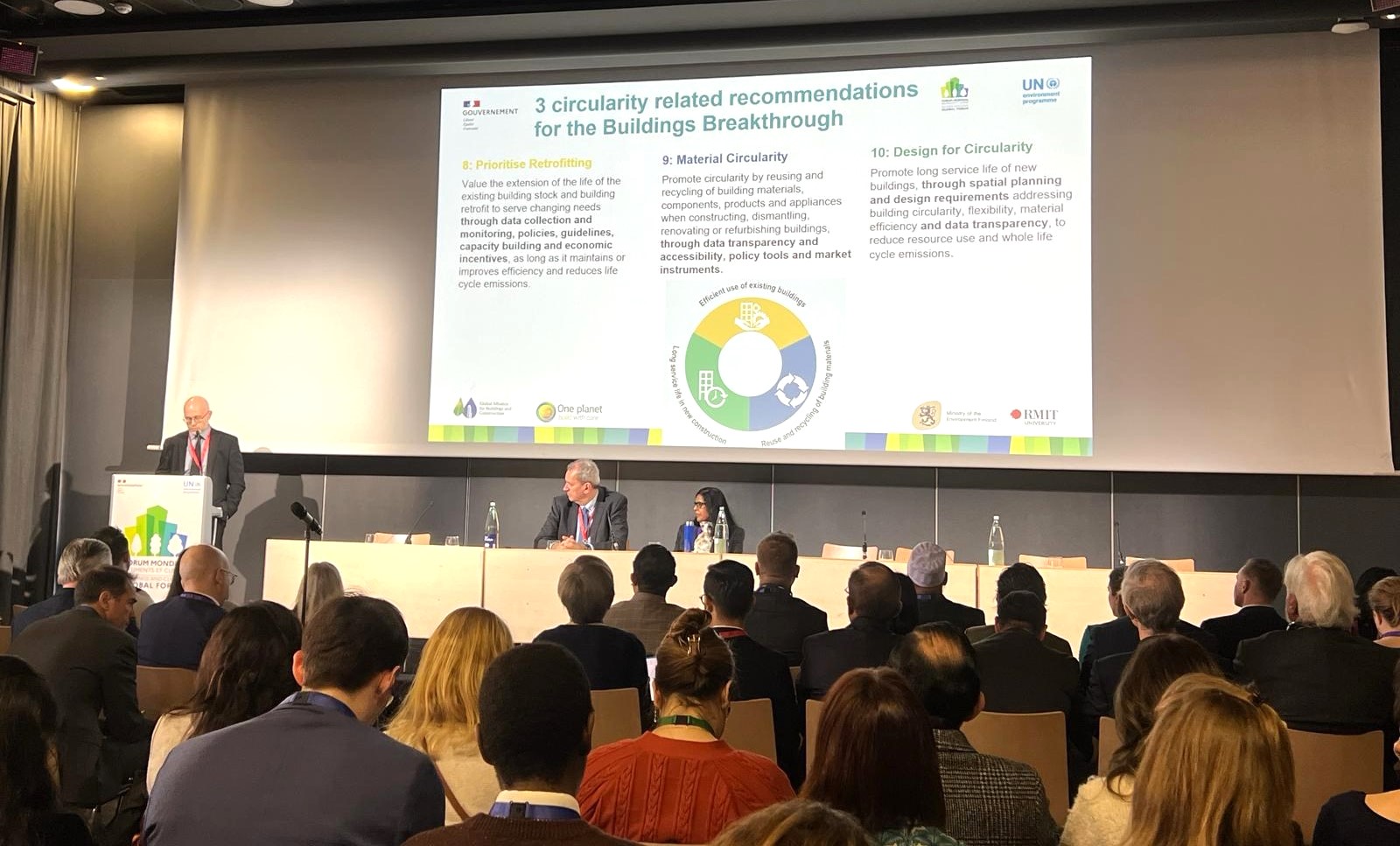Eco-innovation manual and implementation
Eco-innovation is the development and application of a business model, shaped by a new business strategy that incorporates sustainability throughout all business operations based on life cycle thinking and in cooperation with partners across the value chain. It entails a coordinated set of modifications or novel solutions to products, processes, market approach and organizational structure which leads to a company’s enhanced performance and competitiveness.
Eco-innovation is an approach for companies to lead their way in sustainability and circularity. The approach helps to integrate the economic purpose of any business with its social and environmental purpose. Sustainability becomes part of the corporate DNA and a source of innovation, in turn fueling engines of inclusive and sustainable growth.
It is a continuous process of change that requires companies to think strategically and systematically using a lifecycle (system) approach to sustainability issues. For the companies, this means making strategic and on-the-ground changes throughout a product’s entire life cycle , looking beyond the company’s boundaries, across the value chain, to reduce environmental, social and economic burdens.
It leads to re-thinking a company’s business strategy and business model to address key sustainability hotspots through innovative – including technological – solutions developed in collaboration with value chain partners.
Eco-innovation leads to waste and greenhouse gas emissions reduction, resource efficiency, higher efficiency in production and the avoidance of hazardous substances, and it gives giving workers a better quality of life. It enables companies, including SMEs, to design more circular products and offer more sustainable services to consumers. With financial support from the European Commission, UNEP has implemented the eco-innovation approach with over 45 SMEs in 10 countries. A comprehensive manual outlining 6 activities and 54 activities is available, as well as sector specific supplements for metals, chemicals and agri-food.
As an example of potential environmental benefits, one Colombian company participating in the eco-innovation project has achieved 75 per cent reduction in hazardous chemicals consumption, a 20 per cent reduction in water consumption, and a 50 per cent cut in wastewater generation. UNEP continues to produce knowledge and provide capacity building around eco-innovation, with sector-specific manuals on buildings and electronics under development.
External source(s)
Image

UNEP

